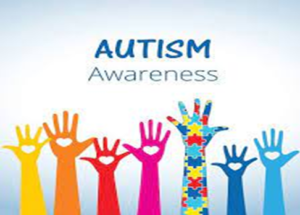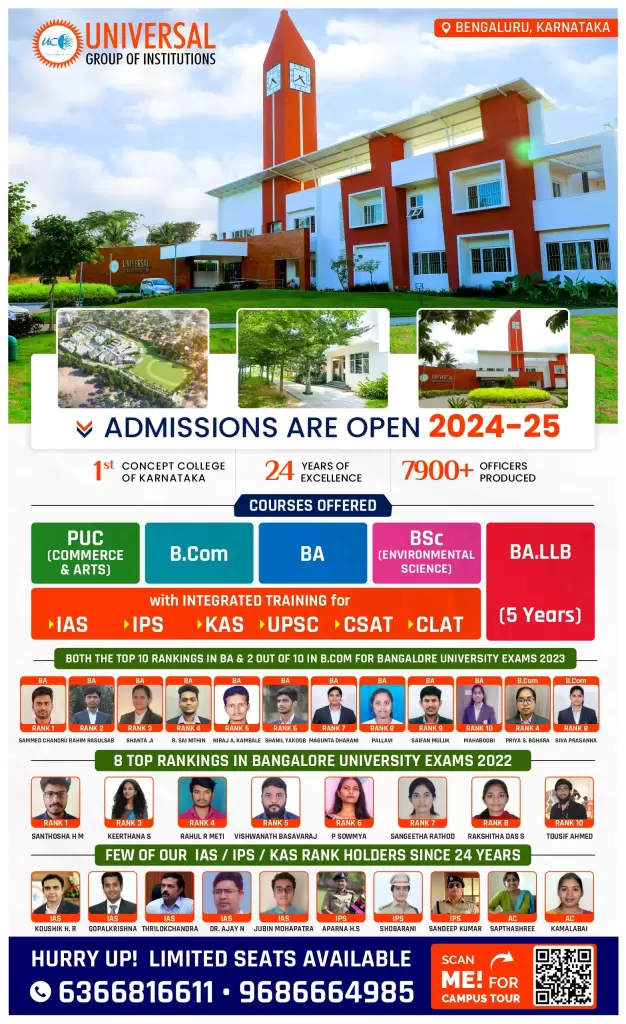A CARING HAND FOR THOSE LIVING ON THE SPECTRUM
SYLLABUS :
- GS-3 -Health and related efforts
- GS-4 -Attitude ,Ethics and human interface
FOCUS:
- World Autism Day on April 2
- This article delves into the multifaceted landscape of autism, focusing on its increasing prevalence globally, particularly in India. It highlights the challenges faced by individuals with autism spectrum disorder (ASD), emphasizing the importance of early acceptance, intervention, and societal support.
Source:- Ministry of Heath
- Introduction
- Introduction of the granddaughter born in 2007,initial observations of her development and the onset of autism at around 1.5 years old and decision by the family to seek medical help and embark on therapy.
- It explores various efforts and initiatives, both international and domestic, aimed at addressing the needs of autistic individuals.
- It underscores the legal framework and institutional support in India while advocating for greater awareness, training programs, and the fulfillment of promises such as the establishment of a central university for autism research.
- Autism on the Rise
-
- Noteworthy increase in autism cases in India and world – If we take the all-India average, there are 20 million people in India who have autism, almost the population of Australia
- Comparison of autism prevalence rates over two decades in the US and India-The boy-girl ratio in autism cases is 3:1 in India and 4:1 in the US
AUTISM -What it is?
|
- The Causes of Autism
-
- Autism is a developmental disability attributed to brain differences, stemming from both environmental and genetic factors.
- Fragile X Syndrome (FXS) stands as the primary inherited cause of autism, impacting approximately 4% of the worldwide population.
- Global Patterns and Challenges
- The prevalence of neurodevelopmental problems in middle- and low-income countries.
- Lack of awareness leading to understated figures, particularly in India.
- The significance of early acceptance and intervention need to be understood to tackle the issue
EFFORTS –
- Worldwide Efforts and Initiatives
- Shifting focus from curing to accepting and supporting autistic individuals.
- UN’s stance on World Autism Day and its impact on societal perceptions.
- The adoption of resolutions and efforts by WHO to address autism on a global scale-‘Comprehensive and Coordinated Efforts for the Management of Autism Spectrum Disorders’
- Importance of inclusive environments and support for caregivers
- Legal and Institutional Framework in India
- Constitutional provision –Article -41-“The State shall, within the limits of its economic capacity and development, make effective provision for securing the right to work, to education and to public assistance in cases of unemployment, old age, sickness and disablement, and in other cases of undeserved want.”
- Legal provisions and acts supporting the rights of individuals with disabilities in India and Role of the Department of Empowerment of Persons with Disabilities.
- Establishment of the National Trust and enactment of the Mental Healthcare Act.
- Civil Society Initiatives
- Description of CADRRE’s(Centre for Autism and Other Disabilities Rehabilitation Research and Education ) innovative approaches in Thiruvananthapuram-Having introduced ayurvedic massage as an adjunct to therapy and expanding in several areas and age groups
- Collaborative efforts with Tata Power and other corporate entities through CSR
- Challenges
- Shortage of qualified therapists and the need for training programs.
- Political and societal challenges faced by autistic individuals.
- The Unmet Promise:Arun Jaitley’s promise of establishing a central university for autism research.
- Completion of paperwork by the Ministry of Social Justice and Empowerment.
- The need for greater attention to rural and semi-urban areas.
- Government Commitment and Responsibilities
- Prime Minister’s pledge to address issues faced by the disabled.
- The responsibility of government departments to coordinate efforts.
- Urgency in setting up the central university as per parliamentary assurance.
- Proposal for training Anganwadi workers and organizing online programs for caregivers.
- Advocacy for mainstream school facilities and medical practitioner awareness.
- Conclusion
- Reiteration of the urgency to address the challenges faced by autistic individuals.
- Call to action for government, corporate groups, and civil society to collaborate effectively and Call for action to fulfill this promise and bridge existing gaps.
Source: Indian Express
Mains Practice Question:
What are the socio-economic implications of the rising prevalence of autism spectrum disorder (ASD) globally, and what strategies can be implemented to enhance awareness, support, and inclusion of individuals with ASD in society?”
(250 marks)





